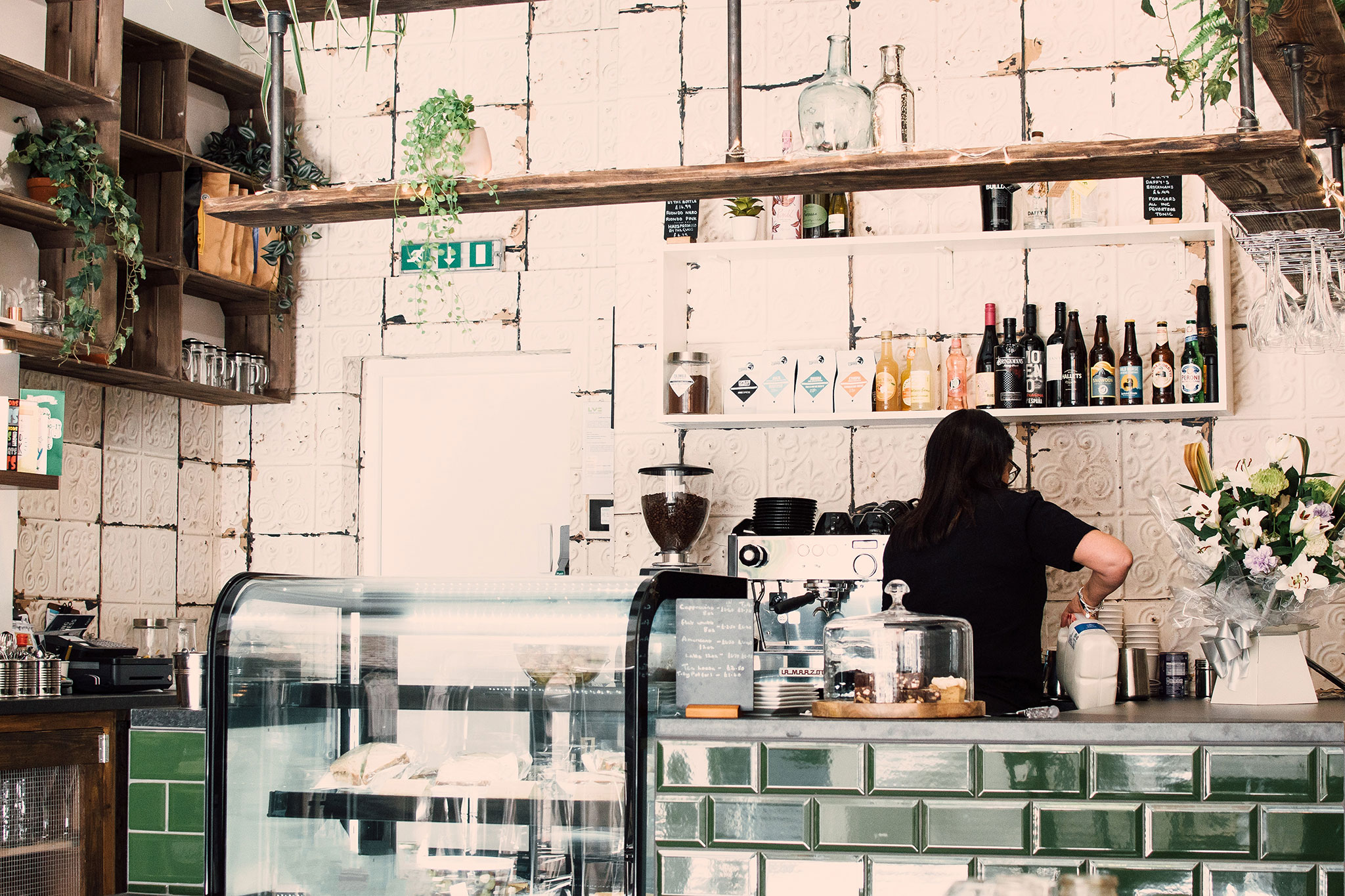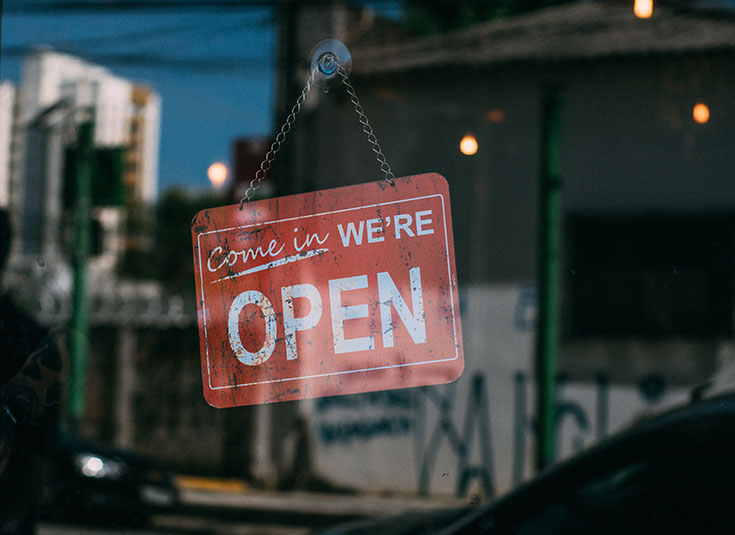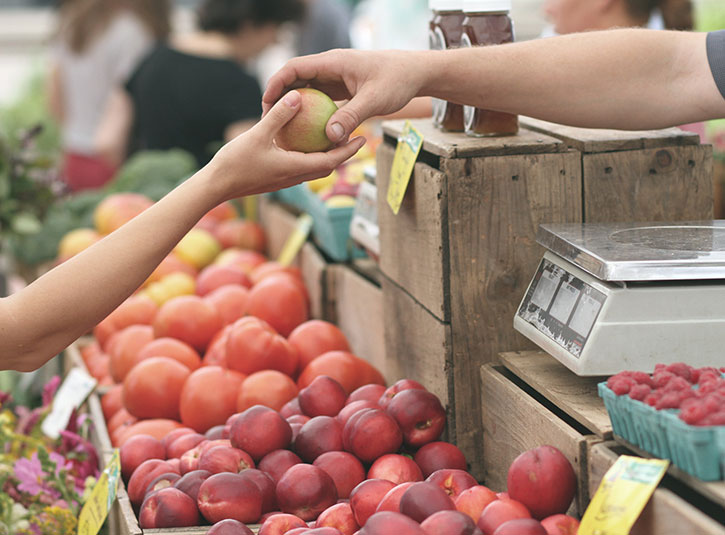
Why support local restaurants?
posted on
Back in January, we wrote a post on why eating local food is good for you, your community and your planet. Today, we’re taking this one step further—and closer to what we offer here at Foodee—by looking at the importance of supporting local, owner-operated restaurants.
According to a study by Pentallect, consumers say that independent restaurants (as opposed to chains) are much more likely to be rated highly for being special, community-oriented and personalized service. But, while owner-operated restaurants outperformed chains in 2016 in traffic and revenue growth, they’re not in the clear. A more recent study suggests that chains simply have more monetary resources to grow where independents don’t.
“Now more than ever,” says David Kuo, chef and owner of Taiwanese restaurant Little Fatty in an interview with Tableside Magazine, “it’s important to support local eateries and independent operators. They’re your neighbours operating a small business and chasing their dreams, as well as supporting their families and those of their employees.”
As consumers, we have the power to make or break the mom and pop restaurants around the corner from our homes. But why should we support them?
The owner actually cares
Starting a business is risky business—especially in the challenging food services industry. But while chains or franchise restaurant owners have the entire corporation to fall back on in a pinch, an independent owner has no one. Plus, a chain restaurant’s primary responsibility is to drive profits for its shareholders, who are most likely not locals. Whether these local restaurants were born out of a dream or necessity, it’s in the owners best interest to provide the best possible service. Their livelihoods depend on your repeat patronage and good reviews.
Support the local community
Whenever you buy local, you’re putting money back into your community and neighbourhood. In fact, every dollar spent locally circulates 2.5 times within the community through profits, jobs, and charities. One study even shows that 73 percent more money stays in the community when spent locally and that by shifting $1 in $10 to locally-owned businesses could create 1,600 jobs.
This benefits you and your neighbours, both businesses and families alike. Plus, the success of locally-owned restaurants is rooted in the relationships, health, and economy of its community.
Have a say in products and services
As consumers, we have the power to influence and make an impact based on what we decide to purchase and avoid. Now imagine that on a local scale. If I ask for more local and organic produce at my neighbourhood grocer, they go to great lengths to get it in (because they know my name, I’m a loyal customer and I’ve recommended them to friends and family). It’s in their best interest to deliver. The same goes for making an impact at your favourite local restaurants.
Talk to them about purchasing local and sustainable produce and supporting local farmers—and use your consumer buying power to encourage those changes. Buying local means fresher ingredients and less environmental impact from transportation—plus, it’s a real selling and marketing point for many consumers.
Promote cultural diversity through food
Let’s face it, global food chains like McDonald’s, Burger King, Dairy Queen and Subway aren’t driving cultural diversity through food. They’re not celebrating different cultures, religions, races and practices with food. Instead, they promote sameness and familiar, which is fine. But what makes a local community truly rich with diversity is the mom and pop restaurants that share the flavours, ingredients and recipes from their heritage. They celebrate our differences and promote a vast array of diverse cuisine.
Support creativity and growth
Kelly Kim, the chef and co-founder of Yellow Fever restaurant shared an interesting perspective with Tableside Magazine on why it matters to support local restaurants. “Many corporate chains will make decisions based on committee-think or focus groups and are inherently averse to taking risks,” Kim says. “Local restaurants are your best source for truly innovative and new experiences.” We couldn’t agree more. So many of the owner-operated restaurants that we partner with are taking risks and having fun with their menus, ingredients and flavours—and locals can’t get enough of it.
For us, local is so much more than a place. It’s an idea. It’s the people, businesses, cultures, flavours, diversity, values, ingredients, history and foods. It’s a community and collective of voices and ideas. That’s what makes supporting local so special.
Filed Under: Foodee HQ

